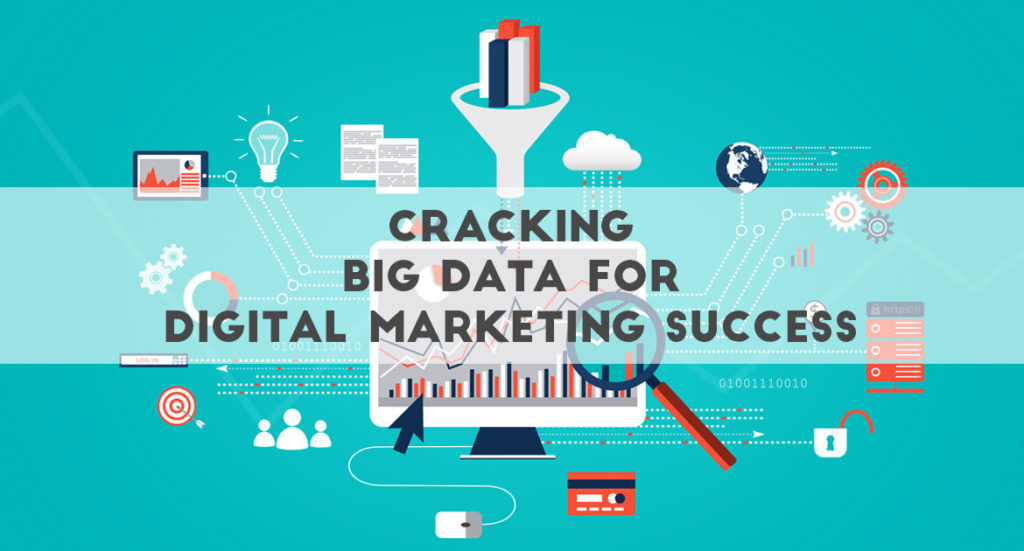
“It is a capital mistake to theorize before one has data.” — Sherlock Holmes
Very less did Sherlock knew how valuable his words are going to be in the 21st-century digital world and the time that lies ahead. The globalized marketplace presents something unique and pragmatic answers to business problems where today it is more easy and convenient to do business overseas, connect with a greater audience and brings in new strategies based on the ever-developing technologies.
No more business decisions and marketing techniques are based on vague qualitative analysis of the market. As done previously, marketers used to read the behavior of their audience and predict the form of campaign that may or may not deliver them the best of results. But today with technologies like Big Data have made it possible for a business to make a decision not based on some arbitrary qualitative analysis but on strong grounds of real quantitative data gathered from real-time survey and analysis.
Influence of Big Data in digital marketing
Big Data makes it easier for marketers to track real-time data on customer behavior and their interaction with the business thereby getting the internet marketing more relevant information to design their marketing campaigns. The influence of Big Data can be modeled in 3 best ways that include,
- Personalized targeting: Apart from influencing production and internal organization culture, Big data made it possible for marketers to target the most relevant set of audience and thereby personalizing the campaign audience making the strategy more acute and effective. For example, e-commerce businesses use big data to understand which part of their website or mobile shopping process deals with highest rejections or bounces.
- Enhanced equipment towards targets: Big Data makes it’s important for the use of internal research and insights on human behavior based on surveys, feedbacks or direct interview with the consumers, self-developed, algorithmic-based reports and advanced data examination. Once that the marketer is equipped with exact behavioral data of their target audience, niche, and acute marketing strategies can be developed that actually generates ROI.
- Constant uplift in the sales chart with better pricing decisions: All the data and self-developed automated reported generated with the help of Big Data helps the marketer to leverage those data and analysis to drive the sales performance. It also helps in making better pricing decisions for a product or service based on consumer behavior.
Future of Big Data
According to data by International Data Corporation (IDC) report, the total revenue generated from big data and business analytics will witness a significant boost from $122 billion in 2015 to $187 billion in 2020. It is also reported that the businesses that have invested in big data to analyze large scale data and extract pragmatic information are predicted to receive an additional $430 billion in terms of their productivity and competitive edge.
As the investment into big data varies with the various industrial domain, it is so far expected to provide the best possible ROI which is exactly measured in a report by McKinsey. The future for big data lies way ahead of its time in determining the best way to drive digital marketing strategies and drive the marketing campaigns that are no vaguer but accurate and tailored to target the audience in their interest space.
